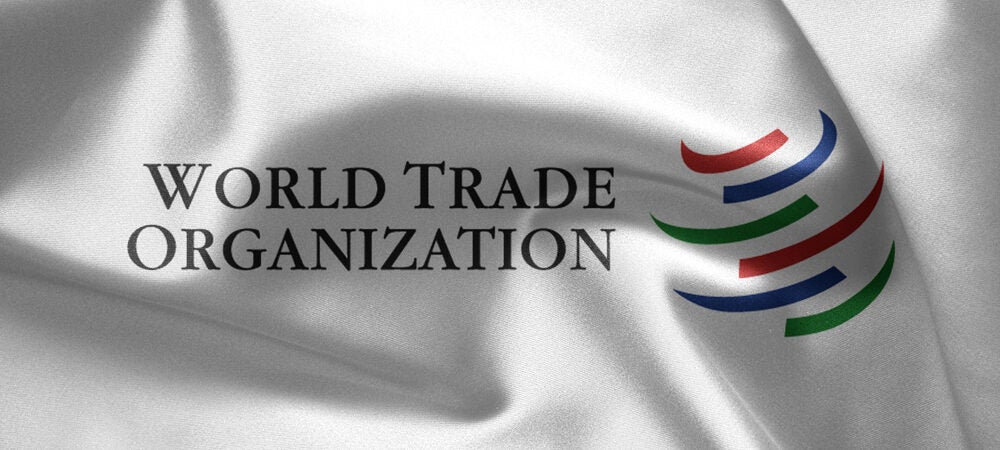Although there are many aspects of the World Trade Organization (WTO) that after a quarter-century of experience could usefully be reviewed with an eye to making improvements, the calls for WTO reform from government leaders and their trade ministers were provoked primarily by the fact that the Appellate Body (AB) ceased to exist except on paper. The loss of the AB, and with it, the loss of binding dispute settlement, while not the only deficiency in the multilateral trading system, is the most visible and understandable shortcoming. As a vital part of the WTO’s framework for dispute settlement, with no appeals possible but appeals nevertheless being filed, the WTO rules ceased to be enforceable unless alternative arrangements were made by litigants committing themselves to abide by outcomes at either the panel stage or a substitute appeal mechanism.
This turn of events was entirely the work of the United States, which blocked appointments to the AB. This was not the first use of the power of the veto to affect the appointment process. The European Union had insisted that its candidate be considered at the same time as a Latin American seat became available as a package to skirt US opposition. But preventing a consensus being formed to fill all vacant seats was an entirely new level of obstruction, going beyond composition of the Membership to preventing the dispute settlement system from fully functioning. As the terms ended for two of the three remaining AB Members at midnight December 10, 2019, and three members were needed to hear a case, that body was closed down.
Since that date, the dispute settlement system has deteriorated further. WTO Members—including the European Union, the United States, Russia, China, India, Brazil, and Korea—have filed appeals although there is no Appellate Body to hear the case. This growing practice of “appealing into the void” could be seen as simply a preservation of rights were the AB to be reconstituted in the future. Alternatively, it can be viewed as an act of cynicism designed to prevent a prevailing party from having a final judgment, tantamount to a return to the GATT system where panel decisions could be blocked. For any Member that did not make an alternative arrangement, the loss of the AB combined with the practice of invoking it for appeals marked the end of enforceability of the rules of the system.
wp22-5To read the full report from the Peterson Institute for International Economics, please click here.

